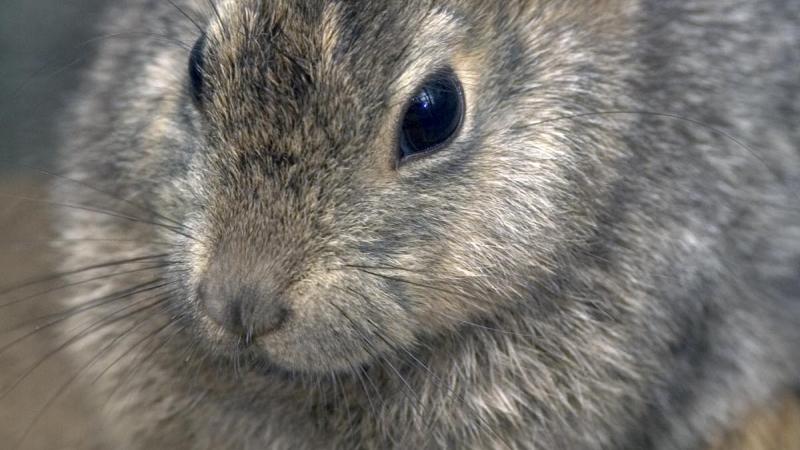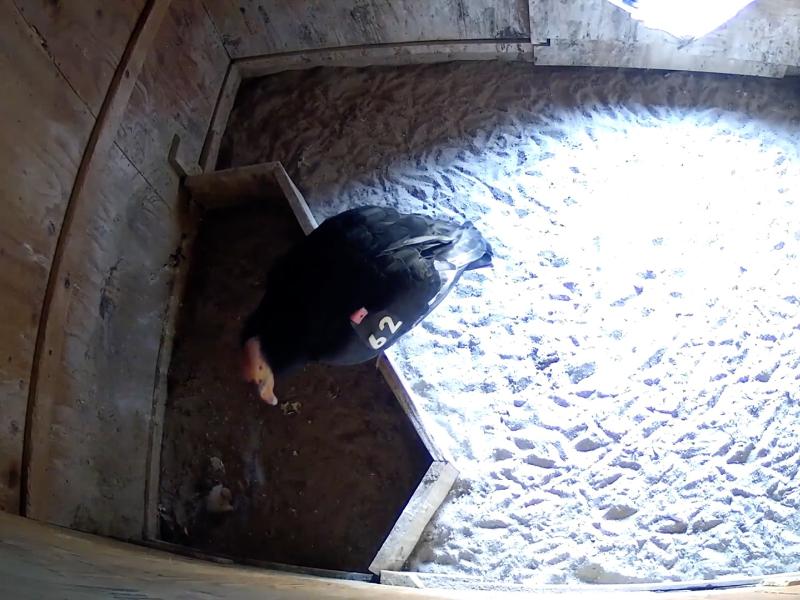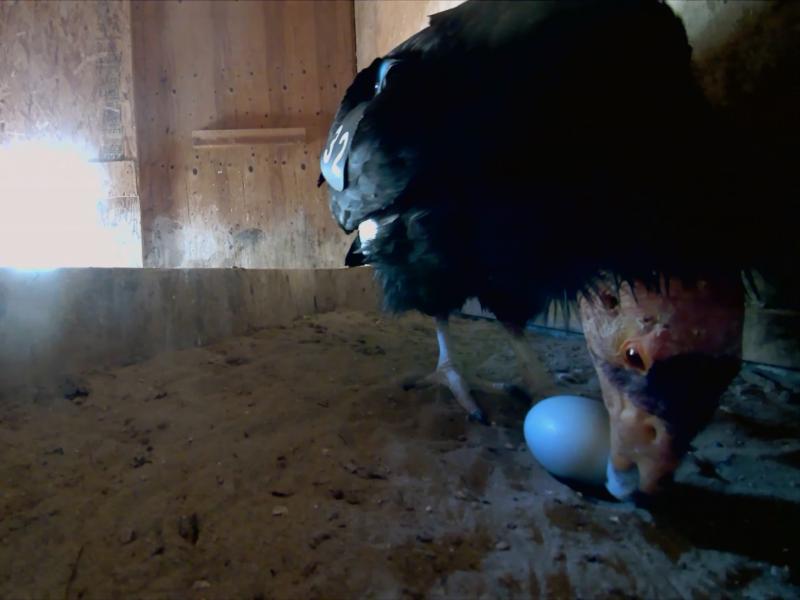Zoo, Oregon leaders work to fund wildlife conservation

The Oregon Zoo and its partners in conservation are asking Oregon's Congressional delegation to support the Recovering America's Wildlife Act, which would reallocate $1.3 billion in existing fee revenue to support underfunded non-game species programs.
"The Recovering America's Wildlife Act is a potential game-changer for Oregon's people and animals," said Rep. Suzanne Bonamici, who co-sponsored the bipartisan bill. "Through proactive conservation we can protect species before they become endangered and make sure Oregon's diverse and unique wildlife populations thrive for generations to come."
In Oregon — as in most states — conservation funding largely comes from hunting and fishing license fees, and is spent on managing species that are hunted or fished. For most of Oregon's wildlife — nearly 90 percent of all species living here — there is no dedicated stream of support.
Conservation organizations like the Oregon Zoo help make up for the lack of state resources to protect species, but these efforts are still insufficient to protect most imperiled species and their habitats. Often, no conservation action is taken until a species is listed under the Endangered Species Act, by which point recovery becomes more challenging and costly, with more severe human impacts.
"At the zoo, we're funding projects that advance conservation science in the Pacific Northwest, and working with partners to bring back imperiled butterflies, condors and turtles from the brink of extinction," said Dr. Don Moore, director of the Oregon Zoo. "There are many other species that are at a crisis point, facing a multitude of threats on an unprecedented scale. We need to invest in a better future for our wildlife."
The Recovering America's Wildlife Act, introduced to Congress in December 2017, would provide $1.3 billion annually in energy and mineral development revenue for wildlife conservation in the United States. The funds would be distributed to states largely to support underfunded non-game species programs.
A nonpartisan panel of leaders representing the outdoor recreation and energy industries, as well as hunting, fishing and conservation organizations, determined that appropriating existing revenues from the use of non-renewable natural resources was a pragmatic and logical solution. These diverse interests agreed this approach would mutually benefit America's industries and agencies, as well as our shared fish, wildlife and economic heritage.
The Oregon Zoo and its governing agency, Metro, have asked the Oregon Congressional delegation to support this effort to protect wildlife. The public can express support by sending a friendly email to Oregon lawmakers at OurNatureUSA.org.
"Today, this investment is more important than ever," said Metro Council President Tom Hughes. "There are species in our own backyards that are in decline. We need to invest in our wildlife before they become imperiled."
Hughes noted that many of the species the Oregon Zoo works to protect through recovery programs and grant funding — western pond turtles, butterflies, birds of prey — will greatly benefit from increased state conservation funding.
As part of the Metro family, the Oregon Zoo helps make greater Portland a great place to call home. Committed to conservation, the zoo is currently working to save endangered California condors, Oregon silverspot and Taylor's checkerspot butterflies, western pond turtles and Oregon spotted frogs. Other projects focused on saving animals from extinction include studies on polar bears, orangutans and cheetahs.
Support from the Oregon Zoo Foundation enhances and expands the zoo's efforts in conservation, education and animal welfare. Members, donors and corporate and foundation partners help the zoo make a difference across the region and around the world.
More News

Zoo convenes action for imperiled elephants
Sabah government representatives joined conservation NGOs, local communities, palm oil producers, and tourism operators this week in the fight to save the world’s smallest elephants from extinction.April 11, 2025

Double fluff: Zoo welcomes first condor chicks of season
The first two California condor chicks of 2025 hatched at the Oregon Zoo’s Jonsson Center for Wildlife Conservation.April 3, 2025

Thirteen eggs and counting at zoo's condor recovery center
At the Oregon Zoo’s Jonsson Center for Wildlife Conservation, endangered California condors have laid 13 eggs — with the potential for more on the way.March 11, 2025

